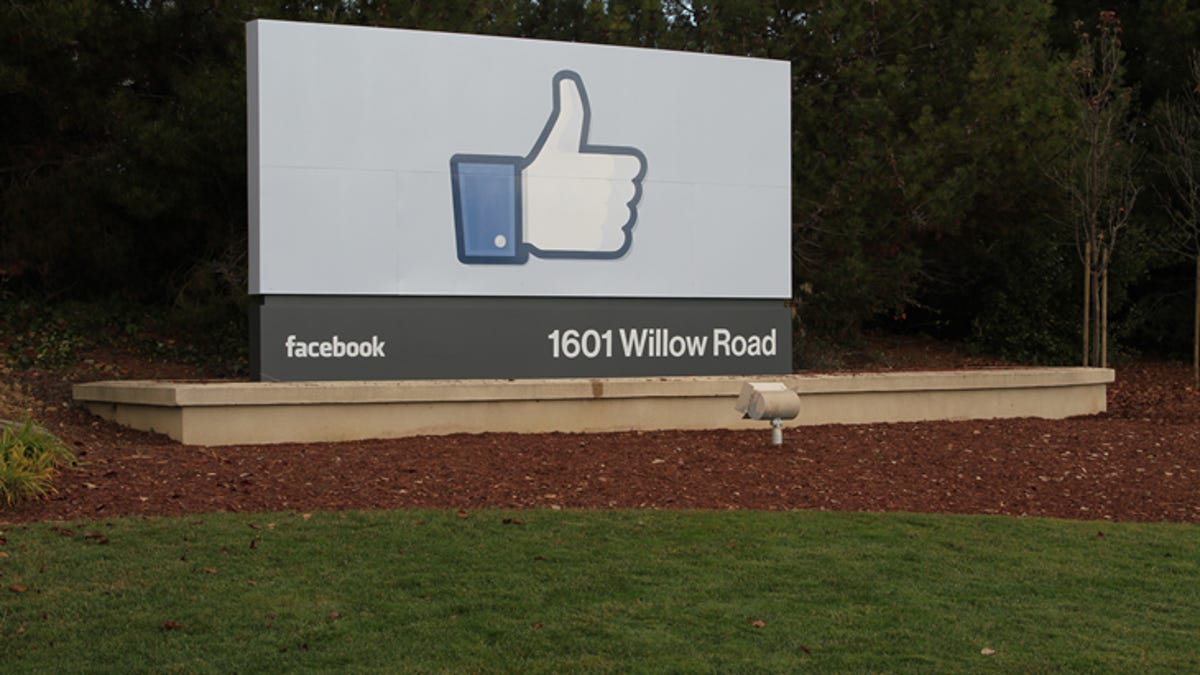Facebook's latest mobile acquisition: It's all about your data
The social network's intentions, noble or otherwise, are to increase the pool of application makers who build Facebook hooks into their apps.

Parse serves as host to "tens of thousands" of iOS, Android, Windows, and HTML5 apps. The company offers mobile developers a convenience by taking care of back-end needs around data storage, people management, and notifications, all in exchange for a reasonable monthly fee.
When the deal closes, Facebook will become the new landlord to app makers who have chosen to make their home on Parse's platform. It will also inherit an entirely new revenue stream, though that seems to be the least of Facebook's interest in the mobile-attuned company.
With Parse, Facebook, once wading in the shallow end of the mobile ecosystem, has dived into the deep end and caused a splash so large that many will question the company's intentions, while others will cry of ecosystem pollution.
#Facebook bought #Parse? Good for them, but I feel bad for the rest of us :( Feel like there should be a funeral or something
— Karyl Gilbertson (@karyl) April 25, 2013
Facebook's intentions, noble or otherwise, are to increase the pool of application makers who build Facebook log-in, sharing, liking, commenting, tagging, and other features into their applications. The company, which just enhanced its mobile APIs to facilitate deeper links between applications and the social network, now has a fresh crop of app makers to pitch on the additional offerings. The sell is obvious: Hey, developers, look what you can add to your apps with just a few clicks, and you'll totally get a ton of traffic and new users back in return.
The more applications Facebook links to its network, the more data the company can collect on the explicit app behaviors that trickle over to its site. Fitness applications that encourage members to share with Facebook will give the social network added muscle in what it knows about people's nutrition and workout ways. Facebook-sharing from entertainment applications with keep the company abreast of your movie, television, or music tastes, and in terms that are far less nuanced than a page "like." And since this data is real, not just implied, Facebook should have an easier time attracting advertisers who want richer targeting.
"Facebook inherits Parse's apps, and Parse makes it easier for companies to go and build applications for Facebook," Joe Chernov, vice president of marketing for Kinvey, a Parse competitor, told CNET. "Not only does Facebook clear some of the hurdles for developers to create more of these apps for Open Graph...but, theoretically, Facebook could get all of the data on the user."
The logic goes that in playing host to the databases of thousands of apps, Facebook grabs access to the data it never normally gets to see. For applications running on Parse's platform, those activities you never share with Facebook -- that terrible run you'd rather forget or the two hours you spent trying to level up in some game -- are now Facebook's property.
"Facebook has access to the full data store," Chernov said. "Theoretically, Facebook could segment on information that isn't even shared on Open Graph."
Ugh, Parse gets acquired by Facebook. So long, I'm glad I didn't commit yet.
— Trevor Livingston (@tlivings) April 25, 2013
Still, many will stay. And if Facebook keeps back-end hosting prices low, the company will surely find some budget- and time-conscious developers who may ignore the sacrifices associated with Facebook as their service provider.

